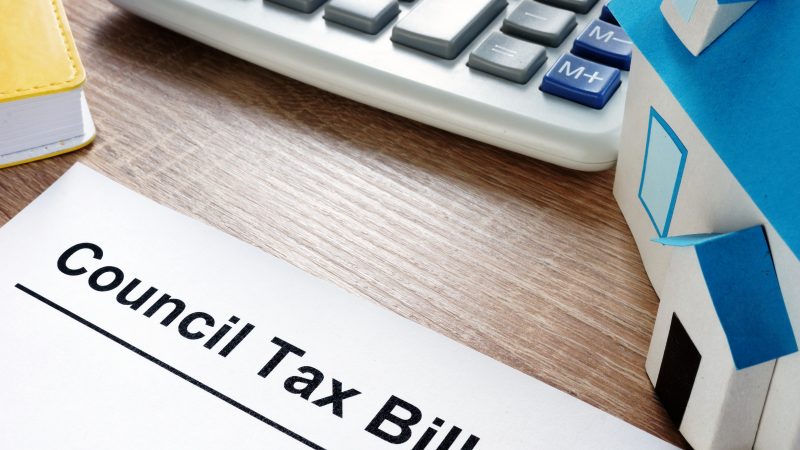
Labour’s offer in the local elections is clear. The contest will be about how Britain recovers, how our communities and public services are run and how we reward our frontline. As Keir Starmer put it: “There’s a simple choice ahead of us: to change, or to go back to more of the same.” People know that a vote for Labour in the local elections is a vote to change the way that our NHS and our key workers are treated. But for my constituents and many others, one other thing that urgently needs to change is our unfair council tax system.
With property valuations dating back to 1991, it should be no surprise that the current system is not working. But the extent of the unfairness in constituencies such as mine is eye-catching. While the average household in England presently pays out 0.47% of their home’s value in council tax every year, recent research showed that this figure is three times as high in Easington. The absurdity of the present situation is underlined by the fact that my constituents face a council tax burden 14 times higher than that faced by residents of Kensington – and 24 times higher than people living in Westminster.
Council tax is also increasingly putting lower-income families into debt. In the three months to the end of June last year, councils reported an increase of £500m in council tax arrears. According to Citizens Advice, that suggests that at least 1.3m households had already fallen behind in their payments by the summer. When I raised my concerns about the present system at Prime Minister’s Questions recently, Boris Johnson brushed it aside. But, with viable alternatives on the table, there is no reason why we should be sticking with a system that penalises households in lower-value properties and forces many into debt.
My preferred option for council tax reform is moving to a system of proportional property tax. Across the North and the Midlands, voters would by-and-large save hundreds of pounds a year if we reformed council tax in this way, returning cash into the pockets of lower and middle income voters in the current and former Labour heartlands. Research by the Fairer Share campaign has also pointed to numerous southern constituencies that would benefit from the change. Across England, 76% of households would gain under the system, seeing a reduction in the amount of tax they pay on their primary residence.
The policy would also be revenue neutral for the Treasury, with safeguards in place to ensure there do not have to be any losers on day one. One criticism of proportional property tax is that it would hit the asset rich and cash poor, who live in valuable homes but don’t have much income. Yet in reality this would not have to be the case. For anyone unable to pay this increased cost there would be a deferral mechanism until point of sale, on a low interest rate. For those who wish to stay in a high-value home, losses would be capped so that at the point of transition no-one pays more than £100 a month above what they currently pay.
Labour has already rightly been critical of Johnson and Rishi Sunak forcing local government to hike up council tax. But as well as criticisms, we need positive solutions. With elections around the corner, the next step for Labour should be to back the abolition of council tax altogether. In its place we should be arguing for a fairer system of property tax that will deliver in real terms for the majority of voters.
By backing a better system of property taxes in the local elections, we could strengthen the message that we do not want to go back to more of the same. As well as a vote for nurses, a vote for Labour could be a vote to put money back into people’s pockets by overhauling our outdated and unfair council tax system.




More from LabourList
‘After years of cuts, Labour’s local government settlement begins to put things right’
‘The Sherriff of Wild Westminster: what must change in elections bill’
‘The hope that kills you’: Reflections from the final day in Gorton and Denton